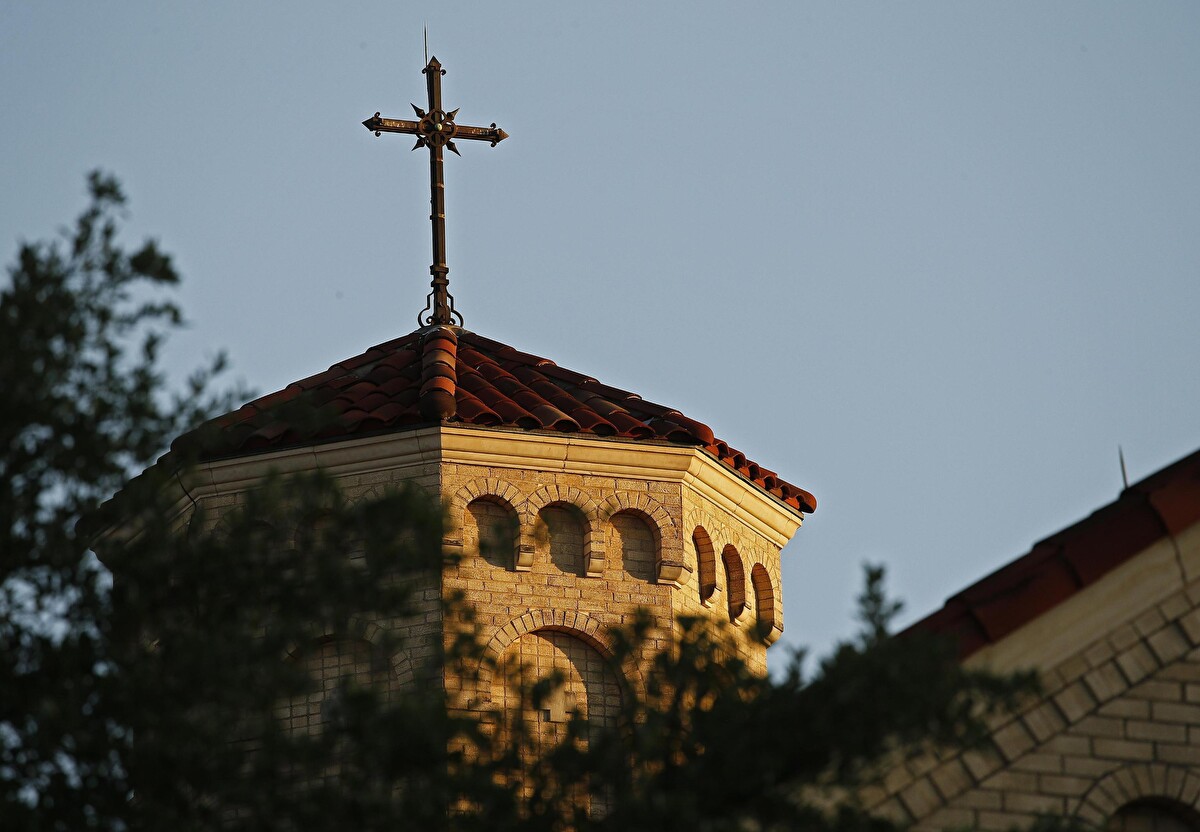The U.S. Conference of Catholic Bishops (USCCB) has issued a statement opposing President Donald Trump’s new budget law, saying it includes cuts that will negatively affect low-income families, immigrants, and environmental protections.
The bill, known as the “Big Beautiful Bill” and signed into law on Friday, makes permanent several tax cuts and increases funding for defense and immigration enforcement. At the same time, it reduces spending on Medicaid, food assistance, and federal climate programs.
“The final version of the bill includes unconscionable cuts to healthcare and food assistance, tax cuts that increase inequality, immigration provisions that harm families and children, and cuts to programs that protect God’s creation,” said Archbishop Timothy P. Broglio, president of the USCCB.
“The bill will cause the greatest harm to those who are especially vulnerable in our society. As religious leaders, we cannot remain silent,” Broglio added.
The law introduces stricter work and verification requirements for Medicaid beneficiaries and changes the frequency of eligibility checks from once a year to every six months. The Congressional Budget Office estimates the changes could result in roughly 12 million people losing health coverage over the next decade.
For the Supplemental Nutrition Assistance Program (SNAP), states with payment error rates above 6% will be required to contribute between 5% and 15% of program costs beginning in 2028. New work requirements will also apply to certain adult recipients without dependents.
Other religious leaders also raised objections. A coalition of Christian and Jewish groups sent a letter to the Senate ahead of the vote warning that increased funding for deportation efforts would “separate U.S. families, harm U.S.-citizen and immigrant children, and sow chaos in local communities.”
Rabbi Jill Jacobs, CEO of the Jewish advocacy group T’ruah, said in a statement: “Today, we see the sins of Sodom being repeated in this bill — arrogance, cruelty, and selfishness. We feared betrayal, and we received one. This is no beautiful bill, but a disaster with devastating costs to human life, freedom, and dignity.”
The law extends provisions of the 2017 tax cuts and raises the standard deduction by $1,000 for individuals and $2,000 for married couples through 2028. It also adds a $6,000 deduction for Americans over 65 who earn less than $75,000 per year.
It allocates $100 billion to Immigration and Customs Enforcement (ICE) for increased detention capacity and new personnel. Defense spending will grow by $150 billion, with a portion going toward a missile defense system called the “Golden Dome.”
The debt ceiling will be raised by $5 trillion to allow continued federal borrowing.
The bill also phases out clean energy tax credits by 2028. Projects that begin construction in 2025 will be eligible for the full credit, decreasing to 60% in 2026 and 20% in 2027. Companies with ties to “foreign entities of concern,” including some based in China, will not qualify.
Some socially conservative measures were dropped from the final version. A planned long-term block on federal funding for Planned Parenthood was shortened to one year. Proposed restrictions on gender transition procedures for minors were not included in the final text.
The USCCB had sent a letter to lawmakers before the vote urging “drastic changes to provisions that will harm the poor and vulnerable.” After those requests were not reflected in the final version, Broglio said the Church would continue to advocate for legislation that supports “human dignity and the common good.”











